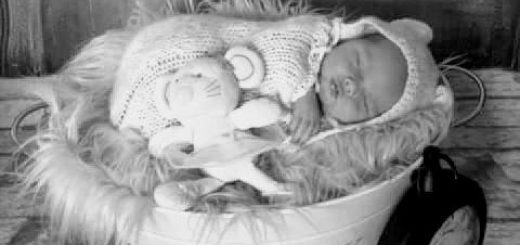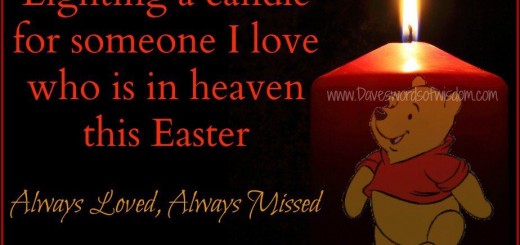When childless isn’t a choice……
 Welcome to 1 Samuel! This exciting book will guide the people of Israel from Judges to Kings, from a shaky alliance of the twelve tribes to a monarchy. This is a massive shift on a national level – and yet as the name of the book suggests, this significant political move is told through honest individual personal stories of human beings. Human beings with individual strengths and weaknesses, flaws and virtues…….the stories speak for themselves. Nothing is left out. No behaviour is commented upon. We see the good and the bad in every individual. God works through frail and imperfect people. Just like us.
Welcome to 1 Samuel! This exciting book will guide the people of Israel from Judges to Kings, from a shaky alliance of the twelve tribes to a monarchy. This is a massive shift on a national level – and yet as the name of the book suggests, this significant political move is told through honest individual personal stories of human beings. Human beings with individual strengths and weaknesses, flaws and virtues…….the stories speak for themselves. Nothing is left out. No behaviour is commented upon. We see the good and the bad in every individual. God works through frail and imperfect people. Just like us.
This book is going to be mainly about Samuel at a guess.
And it starts with the back story.
There was a certain man from Ramathaim, a Zuphite from the hill country of Ephraim, whose name was Elkanah son of Jeroham, the son of Elihu, the son of Tohu, the son of Zuph, an Ephraimite. He had two wives; one was called Hannah and the other Peninnah. Peninnah had children, but Hannah had none.
Year after year this man went up from his town to worship and sacrifice to the Lord Almighty at Shiloh, where Hophni and Phinehas, the two sons of Eli, were priests of the Lord. Whenever the day came for Elkanah to sacrifice, he would give portions of the meat to his wife Peninnah and to all her sons and daughters. But to Hannah he gave a double portion because he loved her, and the Lord had closed her womb. Because the Lord had closed Hannah’s womb, her rival kept provoking her in order to irritate her. This went on year after year. Whenever Hannah went up to the house of the Lord, her rival provoked her till she wept and would not eat. Her husband Elkanah would say to her, “Hannah, why are you weeping? Why don’t you eat? Why are you downhearted? Don’t I mean more to you than ten sons?” 1 Samuel 1:1-8
Elkanah is a descendant of Ephraim, the second son of Joseph. He had two wives – now that was common. But that one of these wives had no children – now that was not so common.
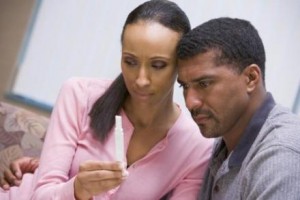 Childlessness was not a choice in those days. Not ever. Having a child was what every woman knew and accepted as her role in life. Not having a child was humiliating and very public – everyone could see you were not fulfilling your destiny. You were regarded as inadequate – not a proper woman. You were pitied and scorned.
Childlessness was not a choice in those days. Not ever. Having a child was what every woman knew and accepted as her role in life. Not having a child was humiliating and very public – everyone could see you were not fulfilling your destiny. You were regarded as inadequate – not a proper woman. You were pitied and scorned.
And then there was of course, the emotional torment of not been able to have a child. Some of us may have experienced that for ourselves. Many of us will know someone who has gone through the agony of childlessness (although because it is more socially accepted these days not to have children, it is more possible to hide this overwhelming longing and sorrow and choose to go through it alone).
Hannah was fortunate to have an understanding husband who loved her and supported her and provided for her despite her childlessness. He tried to make life better for her. He recognised that it was not her fault. He hated to see her upset. He wanted his love to be enough. He wanted to be able to compensate for her lack of children. But for a woman desperate to have a child, there is no compensation, nothing that can replace that longing.
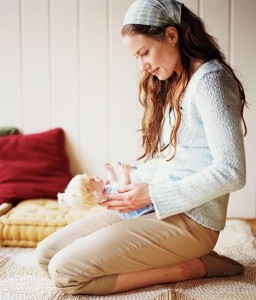 The other wife Peninnah is a different story. She provokes Hannah. She teases her. She humiliates her. She constantly highlights that she has children and Hannah does not. She is probably jealous that Elkanah loves Hannah so much, despite her inability to produce children. She is cruel (and actually sometimes we can be cruel – insensitive anyway – without knowing it…….’when are you going to get round to having a family then?’ ‘you need to get on with it – you’re no spring chicken you know’ ‘having children was the best thing that ever happened to me’ ‘just keep trying – you’ll get there’ ‘I fell pregnant without even trying!’ ‘enjoy your freedom while you can – you’re lucky you have no kids to tie you down’ etc etc etc).
The other wife Peninnah is a different story. She provokes Hannah. She teases her. She humiliates her. She constantly highlights that she has children and Hannah does not. She is probably jealous that Elkanah loves Hannah so much, despite her inability to produce children. She is cruel (and actually sometimes we can be cruel – insensitive anyway – without knowing it…….’when are you going to get round to having a family then?’ ‘you need to get on with it – you’re no spring chicken you know’ ‘having children was the best thing that ever happened to me’ ‘just keep trying – you’ll get there’ ‘I fell pregnant without even trying!’ ‘enjoy your freedom while you can – you’re lucky you have no kids to tie you down’ etc etc etc).
Saying that God had closed Hannah’s womb was the way to explain childlessness at the time. It sounds cruel to me – why would God do that to anyone? I hope that we wouldn’t ever say that to anyone these days who is travelling on this particular path (although maybe the current version of that is ‘well, maybe God doesn’t want you to have children’ or ‘it is God’s will and you must accept it’ – I would and could never say that either)…….we do not have to try to explain or fix the situation. We can’t. No one can. Even with all the money and scientific research in the world, some people will still remain childless. We do need to try to understand, to support, to love, to accept, to listen…..
‘When childless isn’t a choice’ is an honest and thought-provoking article about this on the BBC News website. Do have a read.
Because….
Can you ever truly come to terms with desperately wanting a child, but never having one?
Here are some women like Hannah…..
It’s like a bruise, whenever you press it, it hurts. I often wonder what our kids would have looked like – Peter’s hair, my eyes? I always imagined motherhood would be part of my life. Creating a child with the person you love – it’s a very natural, strong desire for me. Jessica
People come to me and they say, can you get over childlessness? And I say, it’s not the flu – it’s a lifelong thing. I am happy now, but, not having children broke my heart. No doubt about it, it broke my heart. Jody
I think shame is a massive factor in not being able to have a child – feeling just so desperately that you want to be like everybody else, but somehow you’re not, and feeling ashamed that you can’t do what everybody else does. You’re hiding the fact that you’re disappointed that your life hasn’t worked out how you hoped. Jessica
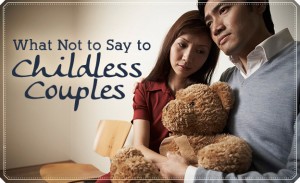 I’m challenged here about the responsibility those of us with children have to find a way to have hearts filled with empathy and not pity; to find a way to include our friends who do not have children; to find a way to be sensitive without being patronising; to find a way to act naturally and remove awkwardness; to find a way to make sure we don’t judge or try to fix or explain…….
I’m challenged here about the responsibility those of us with children have to find a way to have hearts filled with empathy and not pity; to find a way to include our friends who do not have children; to find a way to be sensitive without being patronising; to find a way to act naturally and remove awkwardness; to find a way to make sure we don’t judge or try to fix or explain…….
When all we talk about is our children when we get together, how must that feel for our friend who desperately wants a child?
When we (jokily) moan about how much our kids have ruined our lives, how must that feel for our friend who desperately wants a child?
When we exploit the freedom of our friends without children as easy childcare for our own, how must that feel for our friend who desperately wants a child?
When we’re so wrapped up in our own family to have time for anyone else, how must that feel for our friend who desperately wants a child?
When our fulfilment and worth and contentment as a woman is totally based on being a parent, how must that feel for our friend who desperately wants a child?
It’s an emotional minefield. We’re bound to say or do the wrong thing on occasions because there is often no right thing that can be said or done. But then avoiding our friends for fear of doing the wrong thing is just as awful.
So what can we do? Ask, I suppose. Really listen. Be there. Be honest. Accept.
Any other suggestions?
Peninnah didn’t get it right for Hannah, that’s for sure. I’m not convinced Elkanah did either.
Would I?
